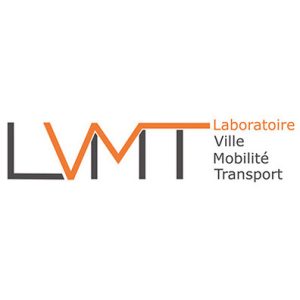Project
Savings on reserved freeway lanes and associated infrastructure and services.
Understand the framework in which a reserved lane infrastructure on freeways can or cannot produce a positive socio-economic balance, and how this is distributed.
The environmental performance of mobility systems is linked to energy consumption, emissions of pollutants and greenhouse gases and the effects of disruption and fragmentation of natural habitats due to the construction
Learn more
- About
- Research areas




